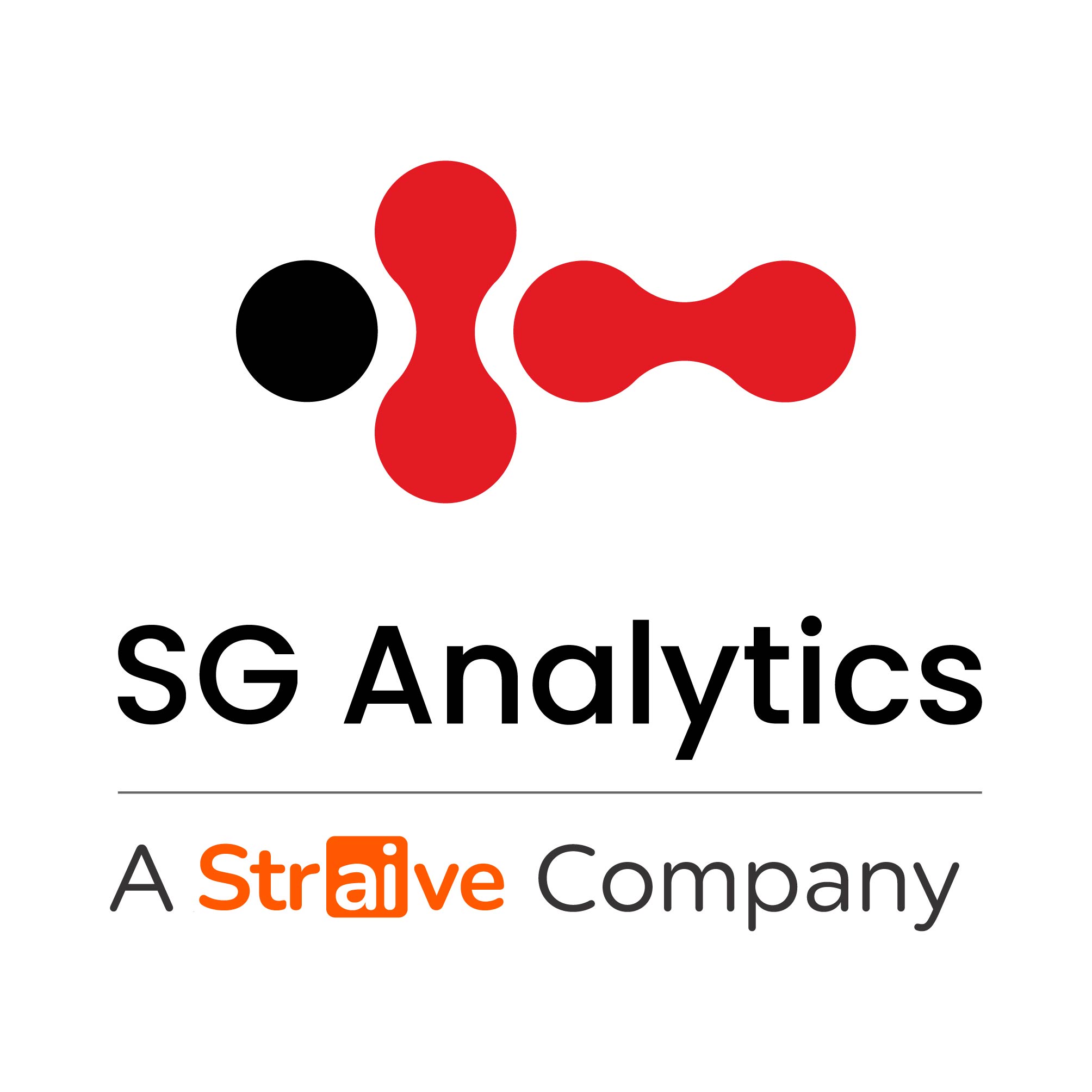- Resources
- Blog
- AI in Portfolio Management: Transforming Investment Strategies in 2026
AI in Portfolio Management: Transforming Investment Strategies in 2026
AI
Contents
July, 2025
AI in Portfolio Management: What is It? Why Must You Care?
AI in portfolio management refers to the use of artificial intelligence to strengthen investment research, asset selection, and risk decisions. The approach gives institutions a faster and more reliable way to read market conditions and optimize portfolios. Moreover, it reduces dependence on manual judgment by bringing data-driven precision to investment strategy development.
Modern AI tools rely on pattern recognition, machine learning, and real-time analytics. These capabilities help investors understand movements in equities, macroeconomic shifts, and behavioral signals that influence performance. As a result, AI portfolio techniques have become essential for institutional investors and high-net-worth clients who want better returns with controlled risk.
Effective adoption goes beyond prediction. Institutions must blend machine learning, natural language processing (NLP) and predictive analytics with strong data quality and thoughtful oversight. Furthermore, this combination must support quick evaluation of market signals while reducing the biases that often influence human decisions.
The goal is simple. Investors want a smarter, context-aware method of building and managing portfolios. Meanwhile, firms want accuracy, efficiency, and scalability. This is why many asset managers now invest in portfolio management services that apply AI to strengthen analysis and improve outcomes. As we move into 2026, AI stands at the center of how investment strategies evolve.
Read More: Leverage Portfolio Monitoring Services for Private Equity Firms
How Does AI Portfolio Management Work?
AI portfolio management works by collecting, analyzing, and interpreting diverse datasets that influence financial markets. The process begins with structured information such as price movements, earnings reports, and macroeconomic indicators. It also includes unstructured data like news sentiment and social activity. Together, these inputs help AI portfolio models form a complete view of market dynamics.
Once the data is aggregated, machine learning evaluates patterns that reveal potential returns, downside scenarios, and asset behavior in different environments. Moreover, AI tools recognize subtle shifts in sentiment and liquidity that humans often overlook. This allows AI portfolio management systems to support faster, more informed decisions.
Allocation decisions evolve continuously. When volatility increases, AI may recommend defensive positioning. When momentum rises, the model may shift toward growth assets. Additionally, AI-driven portfolio management updates its assumptions in real time, which helps investment teams stay ahead of changing conditions.
These systems operate without interruption. They ingest fresh data, refine predictions, and improve allocation models as markets move. Consequently, AI portfolio management becomes proactive rather than reactive. It gives investors a method of adapting that is flexible, scalable, and grounded in real-time intelligence.
Read More: Top Investment Banking Firms
How AI is Used for Portfolio Optimization and Allocation
AI portfolio management strengthens optimization and allocation by using models that adapt to real-time market signals. These models consider multiple constraints, which helps institutions, high net worth investors, and retail investors understand risk, liquidity needs, and regulatory expectations with greater clarity. Moreover, AI-driven portfolio management reveals patterns that traditional tools often overlook.
Conventional optimization methods, including the mean-variance model, rely on static assumptions. They struggle when markets shift quickly. In contrast, AI-based portfolio optimization evaluates thousands of scenarios, tests nonlinear outcomes, and identifies the most efficient allocation for each investment horizon. This improves both precision and flexibility.
AI tools also uncover correlations that human analysts may miss. These insights support content marketing for private equity firms, which use data-driven intelligence to shape investor communication and build trust. Additionally, AI platforms help teams read short-term market movements, long-term macro cycles, and changes in investor sentiment. As a result, portfolio management with AI becomes more strategic and more responsive.
A data-centric engine continuously rebalances portfolios to maintain the intended risk-return profile. At the same time, AI improves cost analysis, tax evaluation, and sector rotation decisions. These capabilities help investors refine strategies with deeper intelligence. Deal sourcing teams also gain an advantage by detecting early opportunities supported by AI-projected sector trends.
How Does AI Portfolio Management Differ from Traditional Strategies?
Traditional portfolio management relies on static financial models, limited datasets, and manual judgment. It uses historical information to predict future outcomes, which introduces bias and slows reaction times. Consequently, human-centric decision-making struggles to match the pace of modern markets.
AI portfolio management works differently. It uses up-to-date information, refines assumptions continuously, and analyzes market shifts as they occur. Moreover, portfolio management with AI eliminates the cognitive biases that affect human analysts. It processes thousands of variables across economic, sentiment, and sector data to create a clearer and more accurate view of investment risk and opportunity.
AI-driven portfolio management also increases accessibility to sophisticated strategies. Techniques once restricted to large hedge funds are now available to institutions of all sizes. For example, outsourced CFO services for private equity firms rely on AI to evaluate exit strategies, simulate outcomes, and improve decision quality. This allows teams to benefit from advanced analytics without building expensive infrastructure.
Ultimately, AI-based portfolio optimization gives investment professionals a deeper, more adaptive approach to portfolio construction. It supports better timing, more consistent allocation, and stronger downside protection compared to traditional methods.
What Are the Benefits of AI in Portfolio Management?
AI portfolio management improves investment outcomes by delivering risk-adjusted returns through a more data-supported approach. It increases speed, strengthens accuracy, and reduces the manual effort typically required in traditional investment workflows. Moreover, AI portfolio management provides real-time insight into market sentiment, macro signals, and behavioral trends that guide smarter decisions.
Generative AI adds even more value. Firms can test multiple portfolio construction scenarios across different market conditions. This creates more resilient portfolios that adapt to volatility while capturing opportunity when trends shift. Consequently, investment teams gain a clearer sense of how strategies behave through stress events.
AI portfolio management also reduces operational costs. Automated rebalancing, trade execution, and compliance monitoring streamline complex tasks. For investment banking outsourcing services, AI makes regulatory tracking and risk surveillance far more efficient without compromising accuracy.
Additionally, private equity teams use AI-supported insights to improve communication, investor reporting, and content positioning. The use of AI creates a unified narrative backed by data. Ultimately, AI-driven portfolio management helps institutions stay responsive, informed, and competitive as financial markets evolve through 2026.
Read More: How US Investment Banks Are Expanding Globally: Opportunities and Risks
Top Tools and Platforms Utilizing AI for Portfolio Management
A wide range of platforms now support AI portfolio management, giving institutions more choice in how they build, test, and monitor investment strategies. These include cloud-hosted investment platforms, proprietary AI engines built by asset managers, and modular tools that integrate into an existing capital markets outsourcing ecosystem. As adoption grows, firms select tools that match their data needs, model sophistication, and regulatory environment.
Leading platforms such as QuantConnect, Alpaca, and BlackRock’s Aladdin use AI to automate research, simulate strategies, and streamline portfolio development. They combine data feeds, NLP engines, and model libraries to give investment teams end-to-end visibility across the full investment lifecycle.
Enterprise-grade platforms also support deeper integration. They connect easily with CRMs, data lakes, risk systems, and compliance workflows. Furthermore, they help institutions manage complex reporting requirements and global asset exposures. As a result, these tools become essential pillars of digital portfolio management in 2026.
The Future of AI-Based Portfolio Management
AI portfolio management has become mobile-friendly and has empowered more retail investors to participate in the capital markets. Later, models will not stop at examining financial metrics. Instead, they will offer target-linked guidance on ESG scores, geopolitical risk implications, and behavioral finance inputs. The emergence of generative AI solutions will further propel the pace of idea generation, scenario testing, and client interaction to increase demand and decrease untimely exit-entry decisions by retail, institutional, and HNWI investors.
Since personalization will also take center stage, AI engines will allow portfolio managers to offer tailored investment solutions based on real-time life events, preferences, and ethical considerations. This shift aligns with the broader move toward hyper-customization in financial services.
As demand grows, portfolio management services will expand their AI capabilities. Firms will also explore new integrations across capital markets, outsourcing, and deal sourcing services. In other words, AI-driven platforms will soon become the industry norm rather than an optional tool.
Lastly, collaboration between human expertise and AI will define best practices. Human managers will focus more on strategic oversight and client engagement while AI systems handle data-intensive analysis and automation. That suggests that human analysts will never be redundant, but lifelong learning for co-creating with AI will be a non-negotiable skill across all job boards worldwide.
Read More:
Conclusion
AI portfolio management is revolutionizing investment strategy design, implementation, and iteration. After all, it introduces flexibility, accuracy, and scalability to an area previously ruled by human judgment and traditional models. Consequently, AI-driven portfolio management is becoming irreplaceable in asset management. Think of private equity firms that are already outsourcing CFO services. Capital markets veterans at larger investment ecosystems and data-driven financial analytics companies are no strangers to these developments.
With companies under immense pressure to produce consistent portfolio performance and handle risk effectively, AI solutions present an innovative, technology-driven way forward. Between 2026 and 2050, the use of AI in portfolio management will continue to rise, as it is now a necessity for all institutions and stakeholders seeking future-proof wealth expansion strategies.
About SG Analytics
SG Analytics (SGA) is a leading global data and AI consulting firm delivering solutions across AI, Data, Technology, and Research. With deep expertise in BFSI, Capital Markets, TMT (Technology, Media & Telecom), and other emerging industries, SGA empowers clients with Ins(AI)ghts for Business Success through data-driven transformation.
A Great Place to Work® certified company, SGA has a team of over 1,600 professionals across the U.S.A., U.K., Switzerland, Poland, and India. Recognized by Gartner, Everest Group, ISG, and featured in the Deloitte Technology Fast 50 India 2024 and Financial Times & Statista APAC 2025 High Growth Companies, SGA delivers lasting impact at the intersection of data and innovation.
FAQs – AI in Portfolio Management
AI portfolio management uses advanced models to analyze real-time data, predict market shifts, and support smarter investment decisions. It is becoming essential in 2026 because markets move faster, data volumes keep rising, and investors rely on technology to improve accuracy and reduce risk.
AI-based portfolio optimization tests thousands of scenarios, identifies efficient allocations, and adjusts positions as markets change. This leads to better risk-adjusted returns, fewer blind spots, and more consistent performance compared to traditional strategies that rely on static assumptions.
AI in portfolio management uses price data, earnings reports, macroeconomic indicators, news sentiment, social signals, and alternative datasets. These sources help AI detect trends sooner and create more informed AI investment strategies across asset classes.
Yes. Portfolio management with AI reacts quickly to changes in volatility. It can shift allocations toward defensive assets when markets weaken and move into growth opportunities when momentum builds. This responsiveness supports stability and improves overall portfolio resilience.
Investment teams use platforms such as QuantConnect, Alpaca, and BlackRock’s Aladdin to build, test, and automate AI investment strategies. These tools integrate data feeds, NLP engines, and model libraries to create efficient workflows for digital portfolio management.
Related Tags
AI Artificial Intelligence Investment Management Investment Strategy Portfolio ManagementAuthor

SGA Knowledge Team
Contents